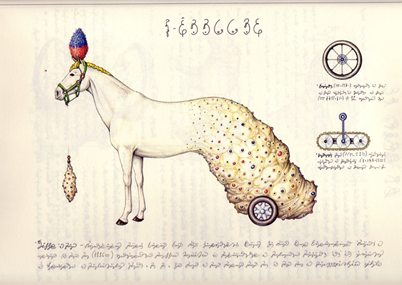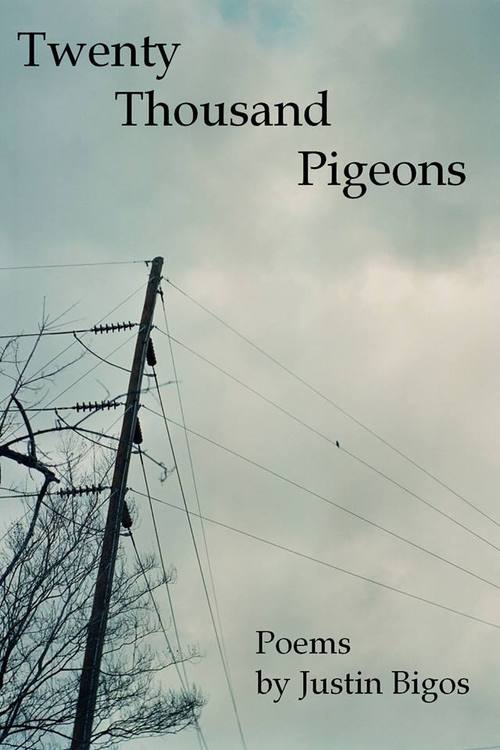Dear Dr. Poetry…
The Louisiana Purchase
by Jim Goar
Rose Metal Press, Nov. 2011
80 pages
$15.95
Dear Dr. Poetry,
I’ve been a middle school art teacher for twenty years, but thanks to budget cuts, I’ve recently had to begin teaching history, too. I’ve done my best to engage the students, assigning everything from presidential fusilli portraits and traditional macaroni necklaces to linguini costume design and rigatoni performance pieces, but I worry that I’m not properly equipped to engage them in historical discussion on a deeper level. Is there a better way I can use my art background to satisfy the curriculum?
–Patient Artist Seeking to Teach Effective Lessons
Fortunately for you, PASTEL, poetry has the appropriate noodle to solve this problem, and it’s called the prose poem. Similar to a regular poem but without all the showboating of line breaks, the prose poem is conducive to relaying history with an absurd narrative arc—one that might strike your fancy as a visual person and engage your students on a deeper level.
For example, The Louisiana Purchase by Jim Goar, a bizarre blend of Americana and surrealism that reads like an expeditionary journal documenting the events following President Jefferson’s historic acquisition: “President Jefferson walks off the mound. The / cardinals take the field. Ozzie Smith falls over dead. / The crowd falls silent.” Such anachronisms drive Goar’s poems into an unmanageable territory where all of America’s history resides simultaneously—where “The dust like a good / boy slaps his girl and Missouri gets buried.”
The landscape of the Purchase is at once thrilling, dangerous, and oddly comforting, like a nonsensical dream that feels profound, and where any misstep could have drastic repercussions:
I’ve forgotten how to serve a moon and ask the bird. It
flies away. Worthless drunk. The moon begins to burn. I begin
to panic. I try to remove it. It falls through my spatula and into
the fire. I feel I’ve committed a great sin.
The speaker fits in but not quite, trying to live alongside an elephant, an unruly moon, and the bird that claimed squatter’s rights in the tree that sprouted from his penis. There is no end or beginning to this history, only how the speaker interacts with it and what he can take away from it. In other words, PASTEL, history in Goar’s work is an enormous macaroni necklace—small incidents stringed together, informing each other, yet each making an independent statement—not unlike the individual prose poems within this anthology. This feels like a better way to conceive of history; if we put it on a timeline, we limit the possibilities for interaction and interpretation.
Goar’s young America exists as lore. By calling on a time when vast areas of the country were unexplored, Goar is free to mythologize America and create a country in his mind. The lesson for you here, PASTEL, is that you should make up whatever history you’d like and teach it however you’d like. Ultimately, teaching your own imaginative lore can’t be any more harmful than educational budget cuts.


